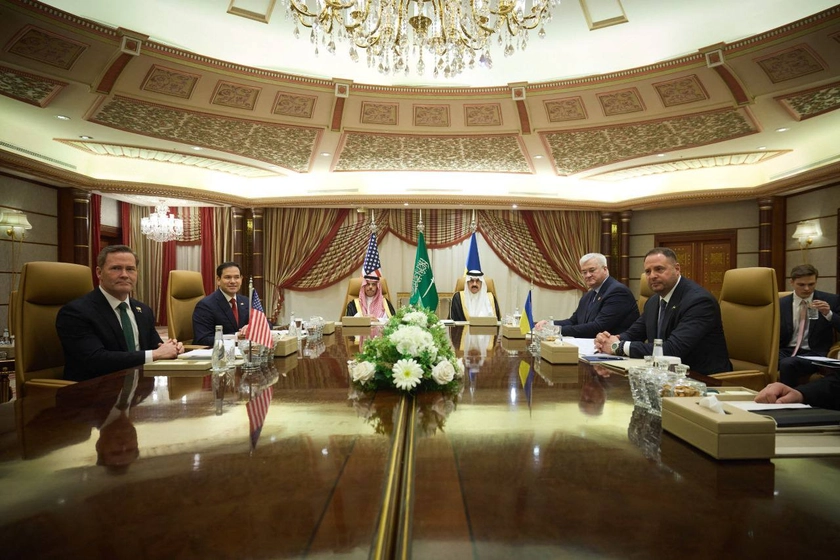Russia's forced transfer and deportation of Ukrainian children to areas under its control amounts to a war crime, UN investigators said Thursday, Mar. 16, also warning of possible crimes against humanity.
In its first report, the high-level investigation team created by the UN Human Rights Council a year ago determined that Russia had committeda vast array of violations since its full-scale invasion of Ukraine in February 2022.
JOIN US ON TELEGRAM
Follow our coverage of the war on the @Kyivpost_official.
"Many of these amount to war crimes," the report by the so-called Commission of Inquiry said, highlighting the forced transfers of children.
"The commission has concluded that the situations it has examined concerning the transfer and deportation of children, within Ukraine and to the Russian Federation respectively, violate international humanitarian law, and amount to a war crime," the report said.
According to Kyiv, 16,221 Ukrainian children were deported to Russia as of last month.
The investigators said they could not verify the figures but pointed to indications that
Russian officials had taken measures to place transferred Ukrainian children in institutions and foster homes, and give them Russian citizenship.
The report pointed to a decree signed by Russian President Vladimir Putin facilitating the granting of Russian citizenship to some categories of children.
- 'Pattern of torture' -
The report stressed that "international humanitarian law prohibits the evacuation of children by a party to the armed conflict," with few exceptions.
Germany Plans to Boost Ukraine Aid by €3B
The investigators said they had reviewed in detail incidents concerning the transfer of 164 children, aged four to 18, from the Donetsk, Kharkiv and Kherson regions.
They said parents and children had spoken of youngsters being informed by Russian social services that they would be placed in foster families or adopted and said children "expressed a profound fear of being permanently separated" from relatives.
The report highlighted numerous other Russian violations in Ukraine that it said amounted to war crimes, including widespread attacks on civilians and infrastructure, killings, torture, rape and other sexual violence.
It also said Moscow could be responsible for the even more serious "crimes against humanity", pointing to the wave of Russian attacks on Ukraine's energy-related infrastructure that began last October, and recommended further investigations.
The commission also pointed to a "widespread pattern of torture and inhuman treatment committed by Russian authorities" in areas under their control, including applying electricity to genitals, hanging detainees from the ceiling with their hands tied, suffocating with plastic bags, rape and sexual violence.
- 'Systematic and widespread' -
"Russian authorities used torture in a systematic and widespread manner," the report said, indicating that "Russian authorities may have committed torture as crimes against humanity."
The investigators said they had also tried to determine whether the massive bombing and months-long siege of Ukraine's southeastern city of Mariupol before it fell to the Russians last May might constitute a crime against humanity.
But without access to the Donetsk region, "it does not have a sufficient basis to make such determination and recommends further investigations," it said.
The three-person commission, headed by Norwegian judge Erik Mose, was created last year and the Human Rights Council will decide early next month whether to extend its one-year mandate.
For their report findings, they said they had visited 56 cities, towns and settlements, and had inspected sites of destruction, graves, places of detention and torture, as well as weapons remnants.
They said they had interviewed 595 people and consulted documents, photographs, satellite images and videos.
The investigators had already in preliminary findings last September accused Russia of committing war crimes on a "massive scale" in Ukraine but had said at the time it was too soon to prove crimes against humanity.
The investigators said Thursday they had also documented "a small number" of violations committed by Ukrainian armed forces, including "two incidents that qualify as war crimes."
You can also highlight the text and press Ctrl + Enter











